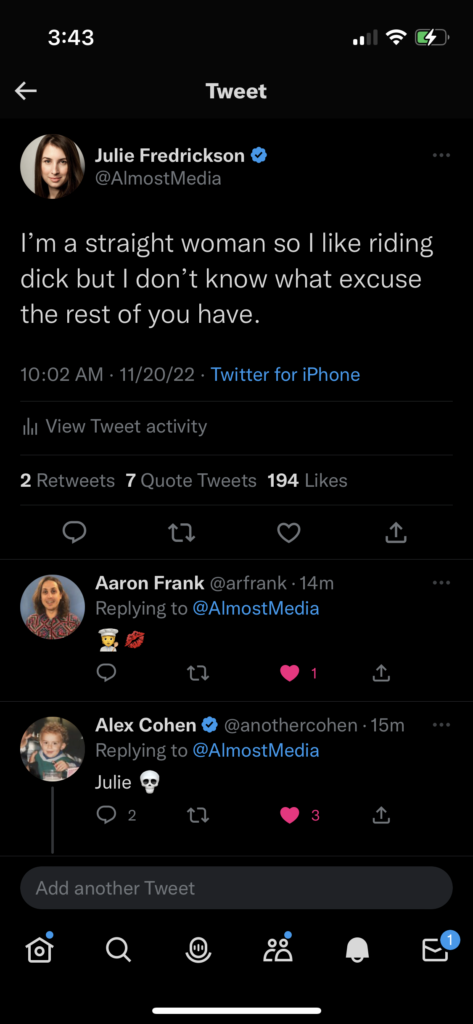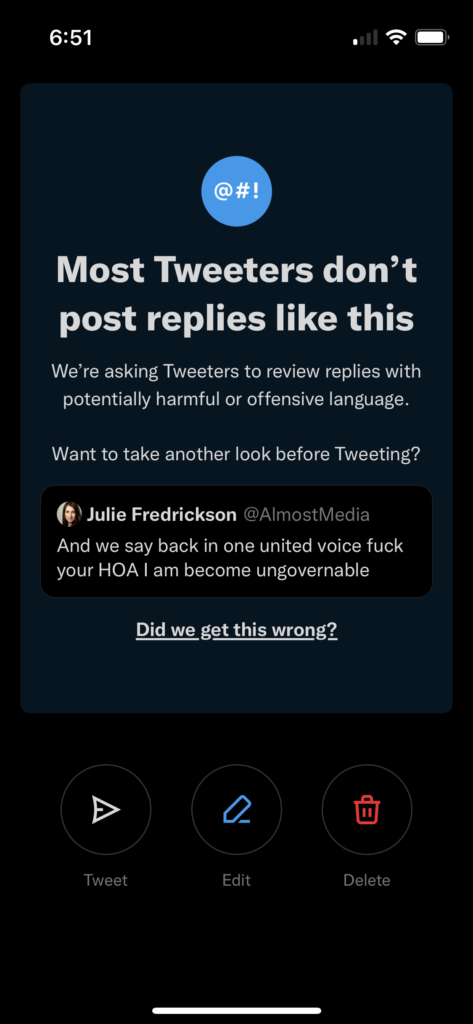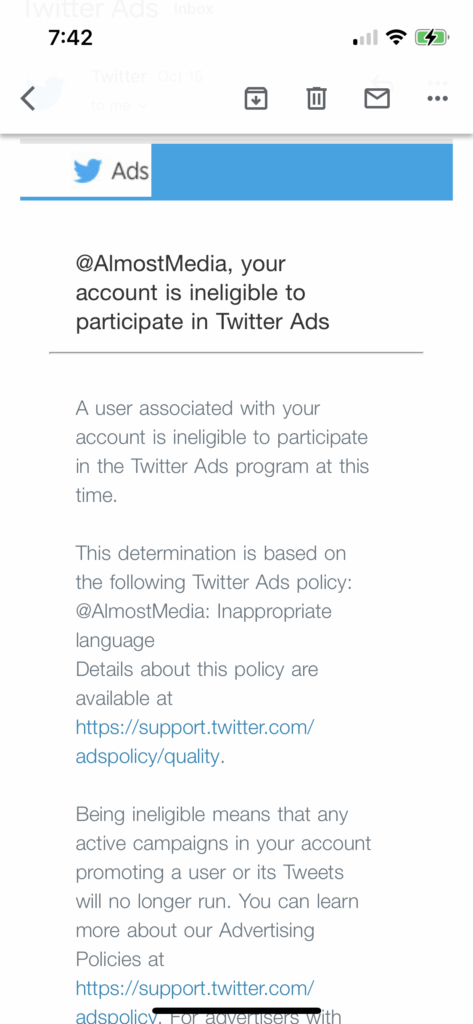As chaos continues to unfurl around the world, the tendency towards hero worship is getting out of control. Cults of personality are having a moment absolutely everywhere, even as we are treated to even more spectacular variants of the Emperor Has No Clothes. You’d think the recent flameouts in finance, technology and politics just this week would make us all a bit more skeptical of authority and yet that does not appear to be the case.
You cannot go onto Twitter without exposing yourself to someone’s daddy issues disguised as a low rent business school case study thread. I was concerned about the information hygiene as platform capacity degraded. But I honestly wasn’t expecting the first disease that actually emerged. Twitter is in the throes of an emotional venereal disease.
I am talking about dick riders.
If you are not familiar with the term, being a dick rider means praising absolutely every move of someone you perceive as having more power than you. Dickriding is a particularly uncomfortable form of reply guying wherein you praise absolutely every move of the person whose dick you are riding.
It’s especially virulent among regular people without personal expertise or exposure to the problem at hand. Not knowing any better is not however a prerequisite for dick riding. You can lend your credibility to someone else by using your expertise to rationalize just about anything.
Humans love power and hierarchy. I guess it makes us feel safe to believe that someone knows what the hell they are doing when we are afraid. But the sad reality is that we are all human. Even the most accomplished and brilliant among us are still saddled with bias, self doubt, insecurities and blind spots. If you are inclined towards the religious, we are all sinners. Though I’d recommend you combine that with a side of grace as I don’t mean this to be judgmental.
I realize it’s pretty funny to bring up the redeeming power of grace in the context of sexually explicit slang. But I do think it’s helpful to remember that even the worst of us have redeeming qualities and even the best of us have flaws.
So if you are tempted to engage in dickriding because you think someone is better than you, might I encourage you to consider that we are all equals in the eyes of God. Or at very least equal in the face of a good shit post.


